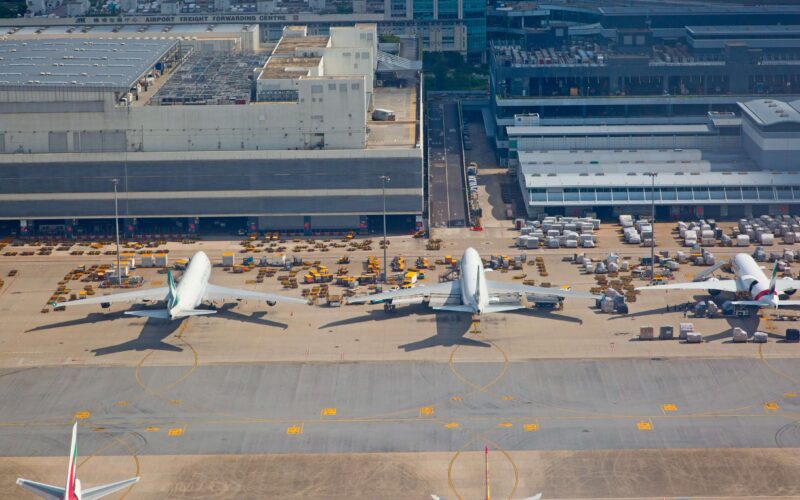The International Air Transport Association (IATA) released its March 2022 data for global air cargo markets reporting a drop in demand to below pre-COVID-19 levels.
IATA said capacity across the cargo market remains constrained and attributed the drop in demand to the effects of Omicron across Asia, the Russia-Ukraine war, and a challenging operating backdrop.
Despite an uptick in freight transport in March 2022 compared to levels recorded in February 2022, cargo demand measured in cargo tonne-kilometers was lower than the same period in 2021.
“Industry-wide cargo tonne-kilometers (CTKs) rose compared to February [2022], but were 5.2% lower than a year ago,” IATA said.
IATA reported that the largest capacity shortfalls were experienced in Asia and Europe.
“Capacity was 1.2% above March 2021 (+2.6% for international operations). While this is in positive territory, it is a significant decline from the 11.2% year-on-year increase in February,” IATA said.
According to IATA, “several factors in the operating environment” have amplified disruptions and influenced the current decline in demand and global goods trade in 2022.
“The war in Ukraine led to a fall in cargo capacity used to serve Europe as several airlines based in Russia and Ukraine were key cargo players. Sanctions against Russia led to disruptions in manufacturing. And rising oil prices are having a negative economic impact, including raising costs for shipping,” IATA explained.
China’s economy has been impeded by COVID-19 related lockdowns “and supply chain disruptions amplified by the war in Ukraine”.
“New export orders, a leading indicator of cargo demand, are now shrinking in all markets except the US. The Purchasing Managers’ Index (PMI) indicator tracking global new export orders fell to 48.2 in March. This was the lowest since July 2020,” IATA said.
“Air cargo markets mirror global economic developments. In March, the trading environment took a turn for the worse. The combination of war in Ukraine and the spread of the Omicron variant in Asia have led to rising energy costs, exacerbated supply chain disruptions, and fed inflationary pressure,” IATA Director General Willie Walsh said.
“As a result, compared to a year ago, there are fewer goods being shipped—including by air. Peace in Ukraine and a shift in China’s COVID-19 policy would do much to ease the industry’s headwinds. As neither appears likely in the short-term, we can expect growing challenges for air cargo just as passenger markets are accelerating their recovery,” Walsh added.

